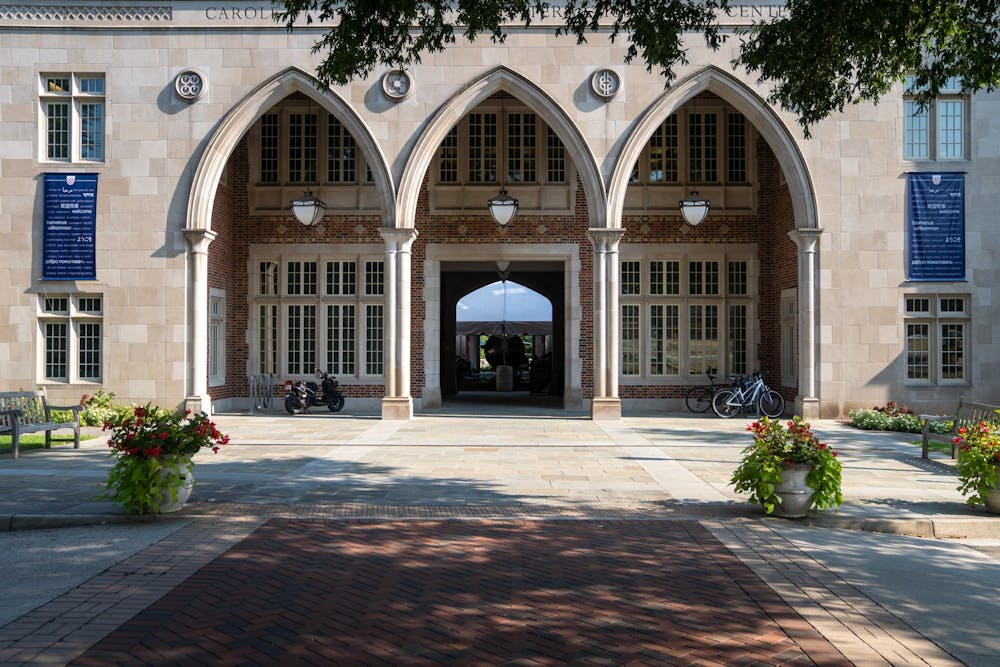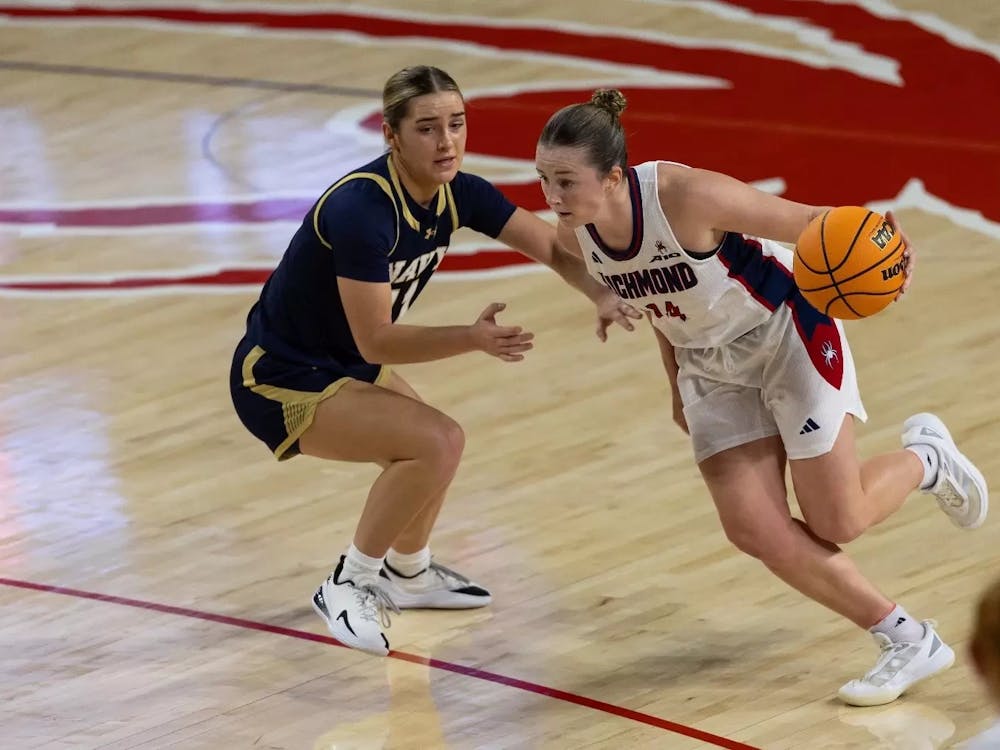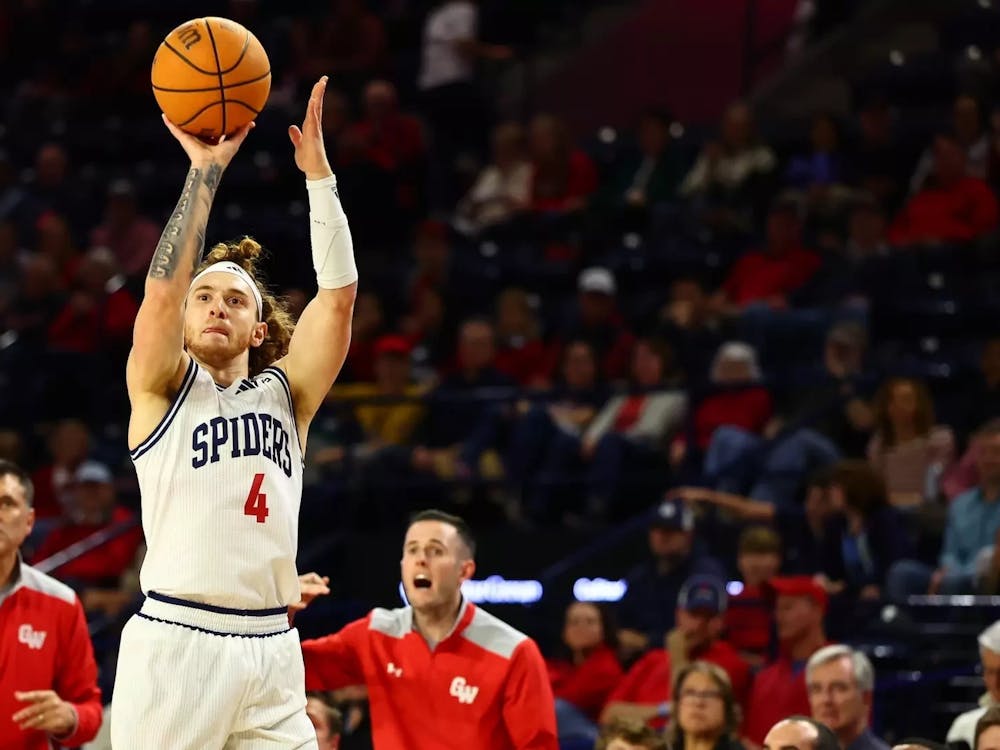For many students, returning home at the end of the semester is a guarantee. But for some, going home has not been an option for three years.
First-year Dat Nguyen has not returned to his home in Vietnam for three years because of COVID-19 concerns. He planned on going home this past winter break, but with the rise of cases connected to the omicron variant, he had to cancel his flight and stay in his dorm on campus.
“It definitely sucks not being able to go back,” he said. “You’ve been away from your family for so long, you haven’t seen them. So, you think, ‘Well, this is my one chance to get back there, spending some time with the family.’ But then it gets canceled.”
While students struggled with domestic travel, some international students had to deal with the reality of not even making it home to see their families. And if they were unable to travel, their next worry became finding a place to stay over the break.
Aarshia Sethi, a junior from India, said she was able to get home this past winter break, but was having trouble finding a COVID-19 test entering and exiting the U.S.
To fly to India, she had to provide a negative test result to the airline 72 hours before her flight. Without a car, this search became more difficult. While she was able to find a test, locating one in India for the return to UR was even worse, she said.
“[Getting tests] was quite bad because there was a big rise in cases and [the tests] were taking more than 72 hours, even more for some, but thankfully, we found this place by the airport,” Sethi said.
U.S. domestic flights do not require proof of a negative test, Sethi said. and By comparison, flying internationally was much more overwhelming.
“I have major traveling anxiety,” she said. “Even if one thing goes wrong, everything’s going to get messed up because everything actually does depend on the COVID-19 test. You can’t fly without your negative result.”
Along with providing a negative test result to the airline, Sethi also said it was hard for international students to show their vaccination cards at immigration checkpoints if their vaccines were from another country.
Sethi said that India was going into a lockdown with a rise in cases, and even though she had been able to get back to the U.S. in time, it took an emotional toll on her.
While Nguyen stayed on campus over winter break, he still faced tough challenges, surrounding finding community and people to be around. Nguyen weighed his options about going home for winter break and ultimately decided that it would be too difficult to try and go home.
Enjoy what you're reading?
Signup for our newsletter
“Even if I wanted to go, it would be up to two weeks to quarantine in Vietnam and tickets were about $1000 to $2500 for a one-way [ticket] only,” he said.
Nguyen lived in Marsh Hall over break, and while he said he “kind of lost his mind,” he had chances both on and off campus to relieve the isolation.
The Greater Richmond Transit Company bus came nearly every day and helped students get access to grocery stores, which were especially important after dining services closed for winter break.
“[UR] accommodated us really well, for someone who wants to stay over winter break,” Nguyen said, adding that even the Weinstein Center for Recreation was open for students to use.
A GroupMe that had been set up by staff at the Office of International Education had allowed students to see who was on campus, he said.
“If you wanted to invite people to go watch a movie, you could if you wanted. If you wanted to go outside, you could,” he said. “So, it wasn’t isolated, and if it was, it was more or less by choice.”
Even though he tried to make the best of the situation, he said it was still disappointing to not see his family over break. Nguyen went to a boarding high school in Arizona and hadn’t been home since his junior year three years ago.
He said he hoped to go home over summer break, depending on the severity of COVID-19 cases.
First-year Maksim Likho did not go home to Russia for winter break, a decision independent from COVID-19. He stayed with friends off-campus over break and said he loved being able to spend more time in the city of Richmond experiencing American culture.
“I actually enjoyed [winter break] because I tried to expose myself to cultural things,” he said. “This is my first year, so I am trying to learn as much as I can from a new culture. It is my first time in the U.S., so I want to get this opportunity.”
Along with other students, Likho said he had trouble finding COVID-19 tests, especially in the Richmond area. He checked about a half dozen pharmacies and websites before finding a test.
Likho said he was happy that in-person classes had been available this school year, and that he was grateful for what UR has done. He said that he understood that the precautions put in place were necessary, but that he still missed pre-COVID-19 interactions.
“It is sometimes hard to wear a mask all the time to see people,” he said. Only being able to see people’s eyes without their smiles. I miss seeing smiles.”
Contact co-managing editor Westen Doran at westen.doran@richmond.edu.
Support independent student media
You can make a tax-deductible donation by clicking the button below, which takes you to our secure PayPal account. The page is set up to receive contributions in whatever amount you designate. We look forward to using the money we raise to further our mission of providing honest and accurate information to students, faculty, staff, alumni and others in the general public.
Donate Now



